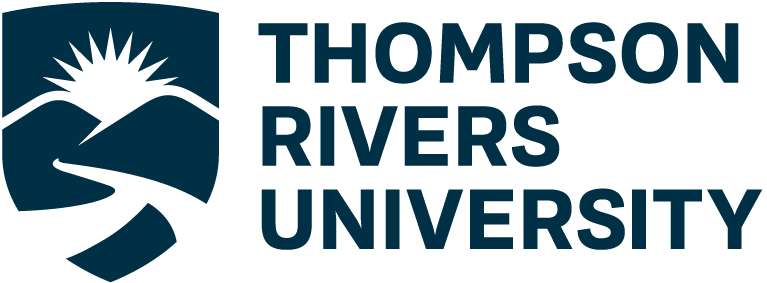Ethics & Integrity
You will get insight into the ethics and integrity that govern research in Canada. In this case, you will gain a stronger understanding of ethics and integrity at Thompson Rivers University and be able to transfer or adapt that knowledge to other institutions.
Research Ethics
Understanding the steps to take before using human and animal participants in your research is a crucial step. All research or other studies which involve human subjects must receive approval from the Research Ethics Board (REB) prior to commencement of the project. If your research will involve animals, you will need approval from the TRU Animal Care Committee (TRU-ACC). This page will provide you with resources to help guide you through some of the ethics approvals processes and for TRU you can check out the Research Ethics available here!
Background on Ethics Processes
Ethics-5-Whys-copyResearch with Human Participants
“The Panel on Research Ethics highly recommends that all researchers who intend to engage in research involving human participants, as well as REB members and administrators, successfully complete the new CORE-2022″ (Government of Canada, 2022). To determine if your project requires ethics approval see the TRU Human Ethics Policy. The Policy also outlines the uses of other TRU Ethics Forms and provides general information on the review process. One of the first questions you might ask is “Do I need ethics approval for my research?” The following decision tree will help you determine whether or not your intended activity or project will need to go to the research ethics board (REB) for consideration.
For Further Human Ethics Resources:
- CIHR Guidelines for Health Research Involving Aboriginal People
- Tri-Council Policy Statement: Ethical Conduct for Research Involving Humans
- Interagency Advisory Panel on Research Ethics (PRE)
- National Council on Ethics in Human Research (may be temporarily unavailable)
- Course on Research Ethics – Take the TCPS 2 online tutorial CORE-2022
Research with Animals
If you are engaged in research involving animal subjects, you must obtain certification from the TRU Animal Care Committee. The electronic forms to apply for animal use certification are located on the Research Services webpage under “Animal Use Protocol Application”.
NOTE: If you are a student researcher you will need to apply for certifications with your project supervisor as the Principal Investigator and yourself as a Project Team Member. Your supervisor will be required to submit the application on your behalf. Contact the Research Office if you require assistance.
Research Integrity
Many students are familiar with the concept of academic integrity. In general, students know that it is not okay to cheat or plagiarize and they know they must cite sources when working on a project. So what about research integrity? Is it the same thing as academic integrity?
Research integrity has a lot of overlap with academic integrity; the principles behind both are quite similar and the difference lies in the scope through which we consider them. The Roadmap below provides an overview of some of the key concepts in research integrity. For more details, check out the references section to explore our sources!
The Research Integrity Roadmap:
This map has been designed to click on the questions marks along the way to explore key concepts of research integrity. Happy trails!
Takeaways
- Understanding the background behind the ethics that govern research.
- Knowledge and application of the 5Ws.
- Understand the steps to take before using human and animal participants for research.
- Access to the CORE-2022 Course on Research Ethics.
- Roadmap to understanding Research Integrity.
References
Global Research Council. (2013). Statement of Principles for Research Integrity. In Global Research Council (p. 2). https://www.globalresearchcouncil.org/fileadmin/documents/GRC_Publications/grc_statement_principles_research_integrity_FINAL.pdf
Government of Canada. (2022). TCPS 2: CORE. Panel on Research Ethics. https://tcps2core.ca/welcome
Kevin White. (n.d.) help (Hotspot Icon). via thenounproject.com under CCBY licence. Accessed from https://thenounproject.com/search/?q=help&i=3039276
Schönbrodt, F. D., Maier, M., Heene, M., & Zehetleitner, M. (2015). Voluntary commitment to research transparency. Retrieved from http://www.researchtransparency.org
The Royal Society. (2018). Integrity in practice toolkit. https://royalsociety.org/-/media/policy/projects/research-culture-images/integrity-in-practice-september-2018.pdf
Thompson Rivers University. (2020). Student Academic Integrity ED 5-0. Thompson Rivers University website: https://www.tru.ca/__shared/assets/ED_05-0_Student_Academic_Integrity36334.pdf
Tri-Agency Framework. (2016). Tri-Agency Framework Responsible Conduct of Research (p. 1 – 18).

